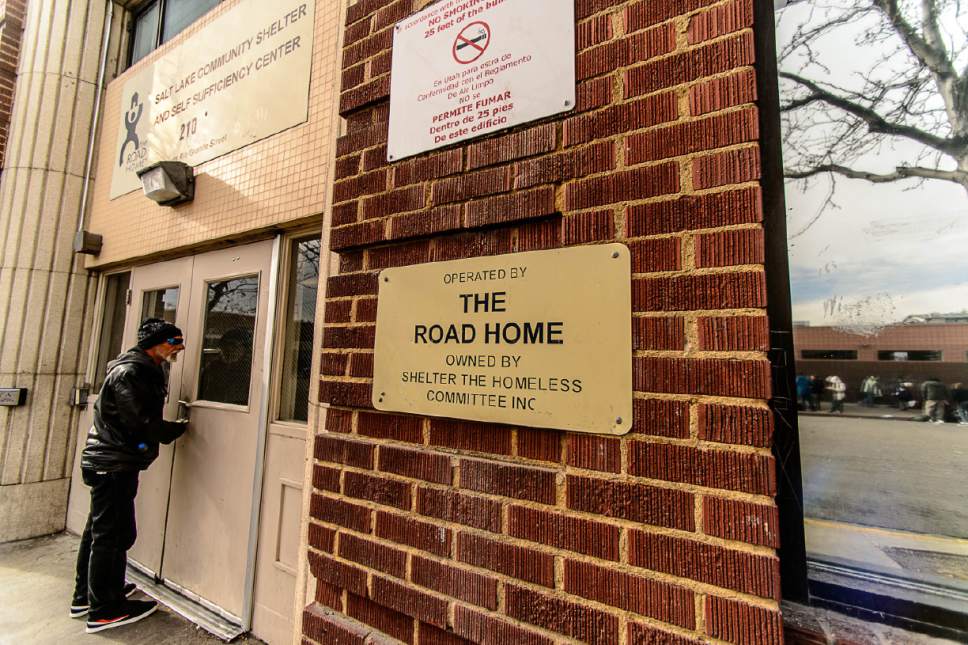This is an archived article that was published on sltrib.com in 2017, and information in the article may be outdated. It is provided only for personal research purposes and may not be reprinted.
One of a series of bills targeting the state's homelessness crisis failed in a House committee Monday on a tie 4-4 vote after members feared it would lead to county tax hikes that sidestepped the public process.
Rep. Steve Eliason, R-Sandy, envisioned his HB452 as a $3 million-per-year complement to state funding for three new homeless shelters and revamped services in Salt Lake City and County.
To achieve that, the state would have collected county property taxes at a population-based rate that ranged from $1.70 per resident in Salt Lake County to 40 cents per person in Utah's most sparsely populated counties.
That money would have been returned both through grants to homeless service providers and through payments to cities with shelters of 200 or more beds.
Eliason said the payments would provide incentive — "albeit small incentive," at a rate of up to $900 per bed — for more cities to consider sharing a statewide burden that some say falls disproportionately to the capital city.
Eliason's colleagues on the House Revenue and Taxation Committee praised his innovation but balked at a provision allowing counties to raise taxes without going through the usual public process.
When an amendment to remove the provision failed, so too did the bill.
Rep. Jefferson Moss, R-Saratoga Springs, ultimately voted for the bill but said he was "struggling" whether or not it was amended: Either counties would be allowed to circumvent public process, he said, or they'd be forced to tighten their belts on behalf of a state initiative.
Lincoln Shurtz, government affairs director for the Utah Association of Counties, said county officials were generally supportive of HB452 but sought representation on the state committee that would decide how the funds were spent.
Shurtz also noted that Eliason's bill provided incentives to cities but not counties, who are saddled with behavioral health costs associated with homelessness.
Rep. Gage Froerer, R-Huntsville also wondered why Eliason revised his bill to demand property taxes — paid only by property owners — rather than a flat-rate cut of sales local taxes.
Rep. Jon Stanard, R-St. George, added that smaller counties were unlikely to ever build a shelter so large and should be eligible for incentives at a smaller scale.
Eliason said he'd entertain that, but "I don't think any county would disagree that they send people from their county to the current existing shelters" — nearly all of them along the Wasatch Front.
"Currently, there's no cost to them for doing that," he said.
The defeat of HB452 marked the first legislative snag for a bundle of related bills backed by House Speaker Greg Hughes.



